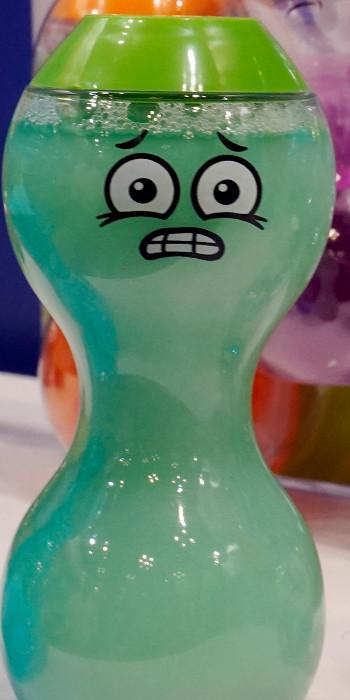(Headline USA) As more children emerge from the COVID lock-downs grappling with mental health issues, their parents are seeking ways for them to recover.
Toy companies are paying close attention.
A growing number of toy marketers are embracing the psychological jargon of MESH. It stands for mental, emotional and social health. MESH is a designation for toys that claim to teach kids skills like how to adjust to new challenges, resolve conflict, advocate for themselves, or solve problems.
The acronym was first used in child development circles and by the American Camp Association 10 years ago and gained new resonance after the lockdowns.
Rachele Harmuth, head of ThinkFun, a division of toy company Ravensburger, and resilience expert and family physician Deborah Gilboa, formed a MESH taskforce earlier this year with the goal of getting manufacturers to design toys with emotional health in mind and to have retailers market them accordingly.
“We just need to educate parents and educators just a little bit to know that we could be using their play time a little bit intentionally,” Gilboa said.
The plan is to certify MESH toys by mid-2024 the same way the Toy Association did for STEAM toys, which emphasize science, tech, engineering, arts, and math. Adrienne Appell, a spokeswoman at the Toy Association, notes that MESH is an area it will continue to monitor as it evolves.
The concept was highlighted at the toy industry’s recent four-day annual show in New York, which featured an abundance of toys from the likes of hand2mind and Open the Joy that encourage children to express their feelings with mirrors or puppets.
James Zahn, editor- in-chief of the trade publication the Toy Book, noted the bulk of the new toys being developed with MESH in mind will be out starting next year.
Experts say childhood depression and anxiety were climbing for years, but the COVID lockdown’s unrelenting stress and grief magnified the woes.
The U.S. toy industry itself has been in need of a jolt following a weak year, particularly a lackluster holiday 2022 season when retailers were stuck with a surplus of toys after enjoying a pandemic-induced toy splurge by parents. The malaise has continued so far this year, with toy sales in the U.S. down 8% from January through August, based on Circana’s retail tracking service data.
Adapted from reporting by the Associated Press

